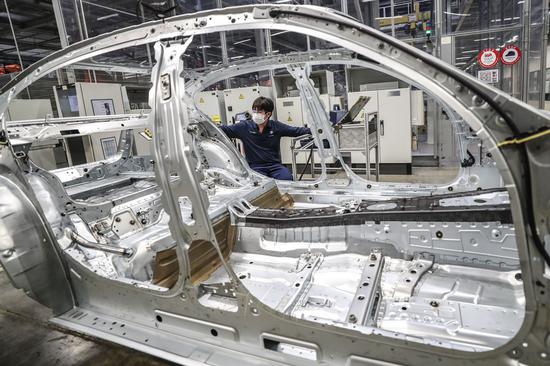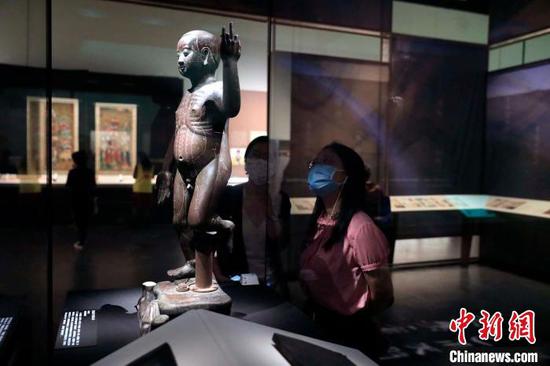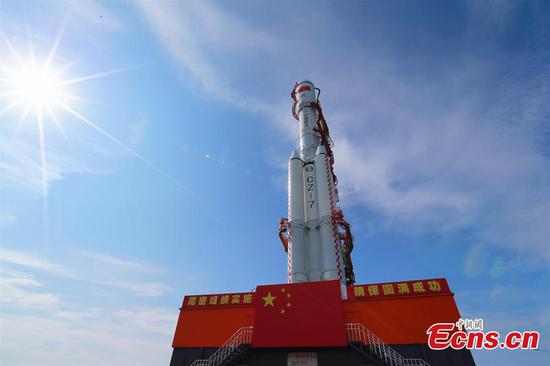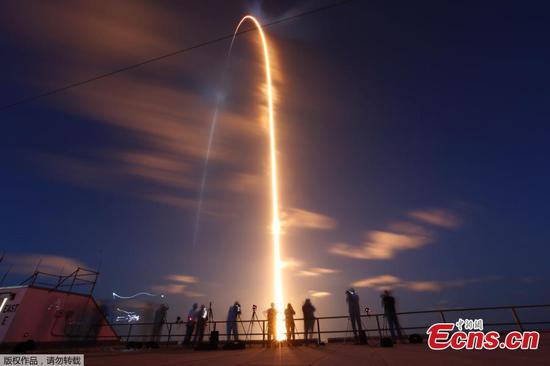
MAGNET FOR FOREIGN INVESTMENT
With a large market, complete industrial chain and favorable business environment, China has become a "strong magnetic field" for foreign investment.
Rising above the challenges brought by the COVID-19 pandemic and the global economic recession, China recorded a four-percent growth in inflows, overtaking the United States as the largest foreign direct investment recipient last year, a report by the United Nations Conference on Trade and Development shows.
Some U.S. politicians, in the meantime, attempted to "decouple" from China by trying to bring manufacturing back to the United States, calling on U.S. enterprises to withdraw from China, increasing restrictions on technology investment in China, and isolating China with its allies.
Such moves resulted in a decline in the U.S. investment in China last year, especially in the fields of information technology and electronic equipment.
On the contrary, the European Union saw its actual investment in China rose 10.3 percent year on year in the first half of the year, while countries along the Belt and Road and the Association of Southeast Asian countries reported an investment increase of 37.6 percent and 36.8 percent in China in the first eight months, respectively.
U.S. companies are fully aware of the cost of missing the China market.
"If American companies are prevented from operating in China, our competitors will be able to take advantage of China's economies of scale and rapid adoption of technology to outcompete U.S. companies everywhere else, including in our home market," said Craig Allen, president of the U.S.-China Business Council.
China and the United States not only have direct links but have indirect links through other countries as well. The "decoupling" of the world's first and second largest economies will have a far-reaching effect, said Yu Miaojie, a professor with the National School of Development at Peking University.
Bullish on the China market, multinational companies have increased their presence in China.
"For us, China is one of our biggest and most important markets," said Frank Van Meel, senior vice president of Product Line Luxury Class BMW.
Van Meel said China copes very well with COVID-19 and was the first market that came up again out of the COVID-19. The country is now one of its fastest-growing markets.
Figures previously released by the BMW Group show that in the first half of this year the Munich-based company achieved bright results in China, delivering more than 467,000 BMW and MINI brand vehicles to Chinese customers, up about 42 percent year on year.
Huge market demand can bring more revenue to enterprises and dilute production costs, which is a major reason for increasing foreign investment in China, said Yu.
A complete industrial system and a strong supply chain is another reason why China is so attractive to multinational companies.
The U.S.-China Business Council said in its 2021 member survey that a majority of companies remain profitable, and more than 40 percent have plans to increase resource commitments in China over the next year.
The vast majority of respondents invest in China to serve the Chinese market, where they see strong growth prospects, the survey shows.

















































